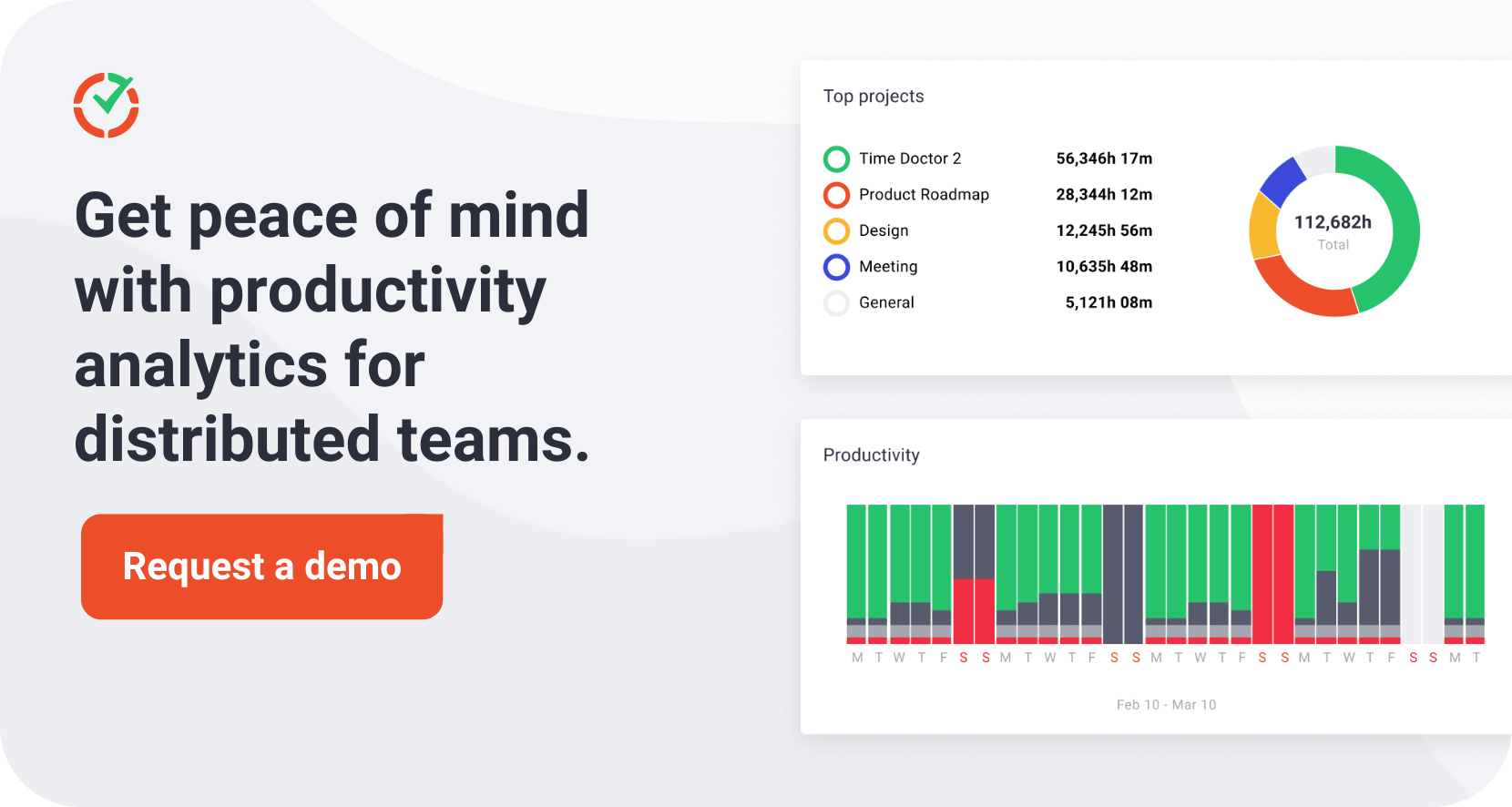Operational efficiency is greater than only a goal in today’s dynamic business world; this is important to success.
Optimizing every a part of your small business processes to extend efficiency, reduce waste and deliver higher value is what constitutes operational efficiency.
For a corporation to attain this level of success, leadership is important.
It’s the job of leaders to be certain that their firms operate effectively and stand out in a crowded marketplace. This blog post is about that work.
Clear definition of goals and expectations
- Setting direction for his or her teams is an important task for leaders. The next steps might help them change into more efficient:
- Vision Alignment: Ensuring the team’s goals are aligned with the corporate’s goals to maintain operations running easily.
- SMART goals are clear, measurable, achievable, relevant and time-bound goals that help your team work more efficiently.
- Transparency and communication: ensuring everyone on the team knows what is anticipated of them, clearing up any misunderstandings, and knowing their role in achieving business goals.
Promoting a culture of continuous improvement
To run a business effectively, you wish an attitude that encourages continuous development. The sort of environment will be created by a frontrunner
- Encouraging feedback: Providing feedback tracks means that you can find and fix processes that are not working well.
- Learning orientation: This implies encouraging a mindset where mistakes are seen as opportunities to learn, not failures.
- Process optimalization: Frequently reviewing and improving processes to make them more practical and efficient.
Expenditures on worker training and development
To maintain operations running easily, it is vital to supply employees with the talents and knowledge they need. Leaders might help their teams in the next ways:
- Targeted training means offering training programs which might be directly tied to business performance goals.
- Skills Development: Promoting skill development that helps the corporate achieve performance goals.
- Engagement and motivation: investing in worker development to extend their engagement, motivation and productivity.
Monitoring results and making data-driven decisions
Data is the treasure that makes operations run more efficiently. It’s utilized by influential leaders through:
- Performance indicators: Arrange and monitor key performance indicators (KPIs) to see how well every little thing goes.
- Data usage: Analyze data with analytical tools to attract conclusions and make smart selections to enhance performance.
- Continuous adjustment: Being flexible and prepared to alter tactics based on facts in regards to the way we work and changes available in the market.
Application
The trail to business efficiency is rarely ending and consistently changing. Leadership isn’t only a crucial a part of the method; that is what makes it occur. Leaders can significantly increase operational effectiveness by having clear goals, encouraging a culture of change, investing in worker development, and making data-driven decisions. Following these guidelines is useful and needed if leaders want their company to reach today’s competitive world.
Remember that operational efficiency is a path, not a destination. We want leaders with vision, the flexibility to alter and a powerful commitment to continuous improvement. Let’s embark on this journey with the goal of doing our greatest, coming up with latest ideas, and leading our teams to latest levels of success and performance.

